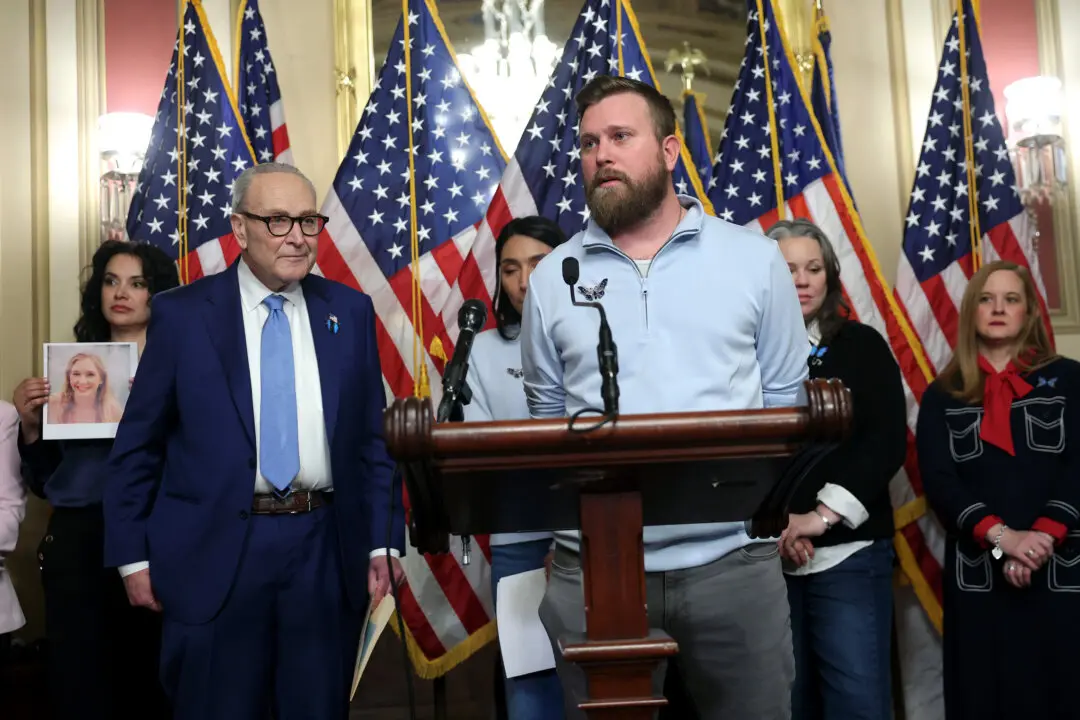A tragic and seemingly preventable tragedy took the life of an 18-year-old Nashville, Tennessee, college freshman this week—after she was struck by a stray bullet allegedly fired by a man with a long criminal history who was released from custody earlier this year after being declared mentally unfit to stand trial in another shooting incident.
Belmont University freshman Jillian Ludwig, originally from Belmar, New Jersey, was struck in the head by a stray bullet the suspect was firing at a passing car while she was taking a walk at a park near the campus on Tuesday, November 7.





